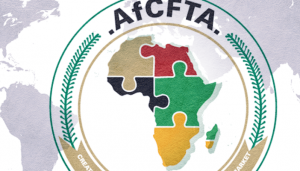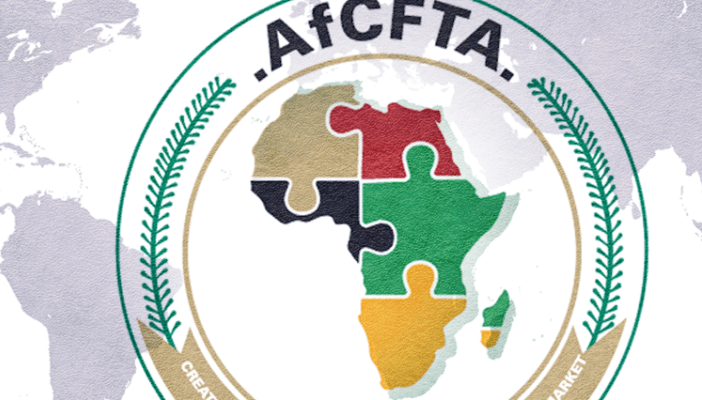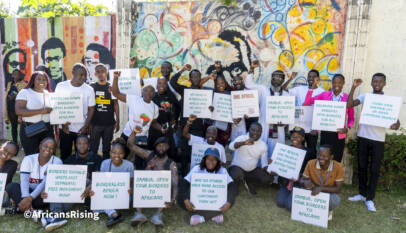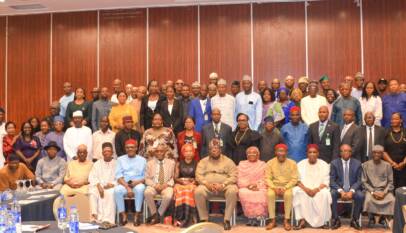OP-ED | First year brings clarity to AfCFTA priorities, by Dr Hippolyte Fofack
The AfCFTA has the power to economically transform Africa, but to succeed it needs to go beyond mere trade liberalisation, says the chief economist at Afreximbank.

Although Africa was far from the epicentre of the Covid-19 pandemic and has recorded some of the lowest casualty rates, the region has been disproportionately affected by the socioeconomic fallout from the crisis.
Despite the strong rebound in 2021, Africa’s per capital income is not likely to return to pre-pandemic trend growth anytime soon, and nor are the poverty rates, which have increased sharply.
This reflects, in part, the fact that the region remains commodity-dependent and was hit hard by the first-round effects of the crisis when containment measures led to a global demand shock and collapse in commodity prices, with oil prices falling to historical lows.
The African Continental Free Trade Area (AfCFTA), which entered into force a year ago with the commencement of trading under the agreement on January 1 2021, is expected to accelerate the diversification of sources of growth and trade to flatten the unhealthy correlation between growth and commodity price cycles.
The first consignment of goods traded under the AfCFTA – from Ghana to South Africa – were manufactured goods. Unlike extra-African trade, which primary commodities and natural resources dominate, intra-African trade is driven largely by manufactured goods.
Such activity could catalyse industrialisation as corporates capitalise on economies of scale associated with the single market and incentives associated with the rules of origin underpinning the landmark continental trade agreement.
The AfCFTA – which connects more than 1.3bn people across 55 countries, with a combined GDP of $3.4 trillion – has been touted as a globalisation game-changer. It has the power to defragment Africa, removing the physically invisible and yet very real barriers to cross-border trade flows that have segmented regional markets and made it difficult for companies to spread the risk of investing in smaller economies.
It will increase investment flows and shift their composition and direction away from natural resources towards labour-intensive manufacturing industries.
Moreover, it has the potential to transform African economies and significantly raise the continent’s share of global trade while strengthening its bargaining power in international trade negotiations.
Hippolyte Fofack is chief economist at the African Export-Import Bank. This opinion article was originally published on African Business; the views expressed in it are the author’s and do not necessarily reflect African Newspage’s editorial policy














